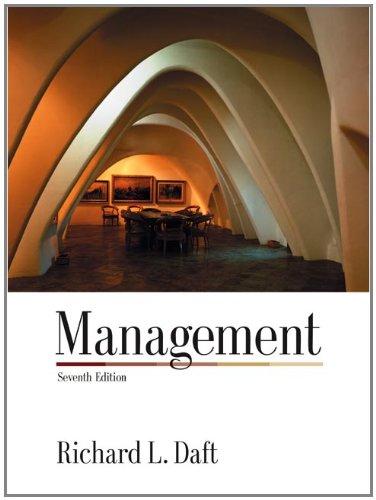Toyota spends a lot of time, money and effort on managing to set goals. Do you think
Question:
Toyota spends a lot of time, money and effort on managing to set goals. Do you think this is fruitful expenditure? Why/ why not? Toyota set itself some goals associated with the manufacturing closure process. Aside from treating all its key stakeholders with respect and staying true to the Toyota Way principles, the company decided that a key goal was to continue production in Australia at full volume until the last day. Other companies had ramped down their production volume. Their next core goal related to quality - expressed as 'Lost car equals best global car, which is a high-order challenge that would stretch the company. It would require the company's many employees to continue to stick to the standardised work processes and practices, and to remain highly motivated and continue to engage in continuous improvement and systematised problem solving until the end. The company also set stretch targets in terms of safety, environmental performance, productivity, waste elimination, cost reduction and employee engagement, all of which were carefully measured and were the subject of professionally managed improvement initiatives. Toyota went to great lengths to communicate the objectives, and performance targets via a set of comprehensive visual management mechanisms. Information was well organised and visualised throughout the company, and used for regular meetings and problem solving of executives, managers and team leaders and members. The aim of these goal-setting processes and the large effort spent on communications and discussion was to ensure that everyone in the company was on board with such goals, and to maximise the opportunity for contributions. An example of a Toyota Australia practice was a 'Hoshin Caf', comprising a full day of reflection and discussions of progress, challenges and improvement suggestions on the seven main dimensions of manufacturing performance with the key leaders and stakeholders from the operations and support divisions.
Step by Step Answer:







